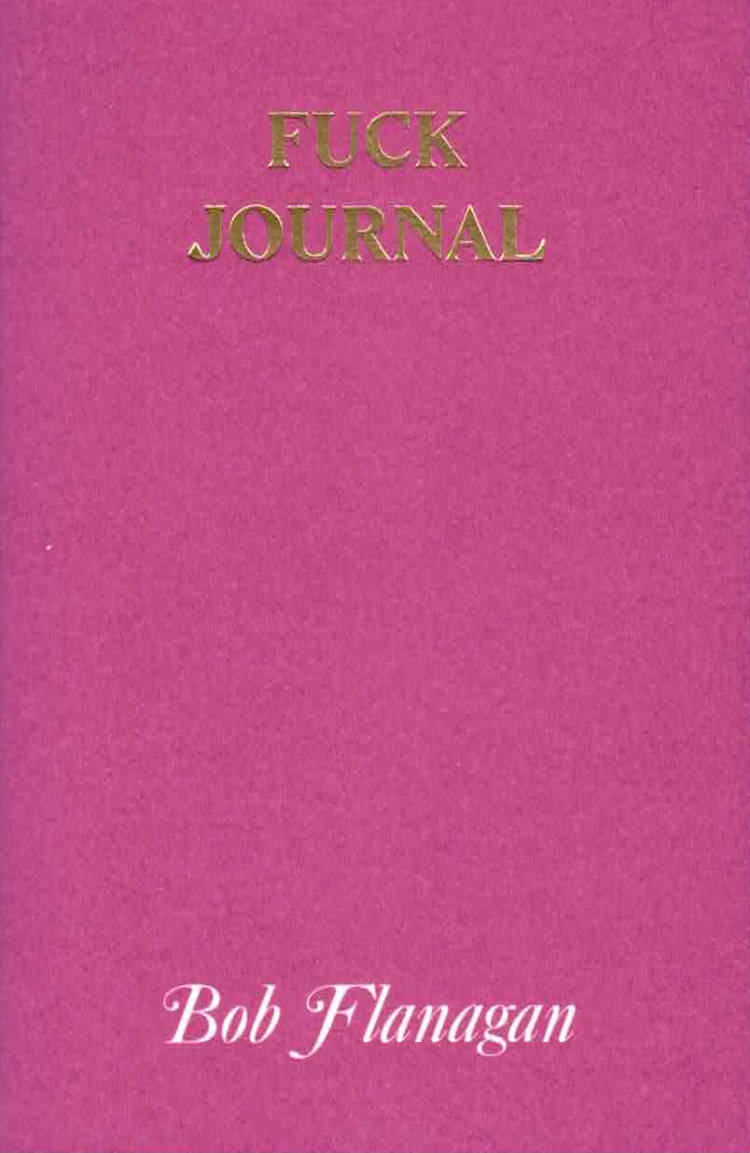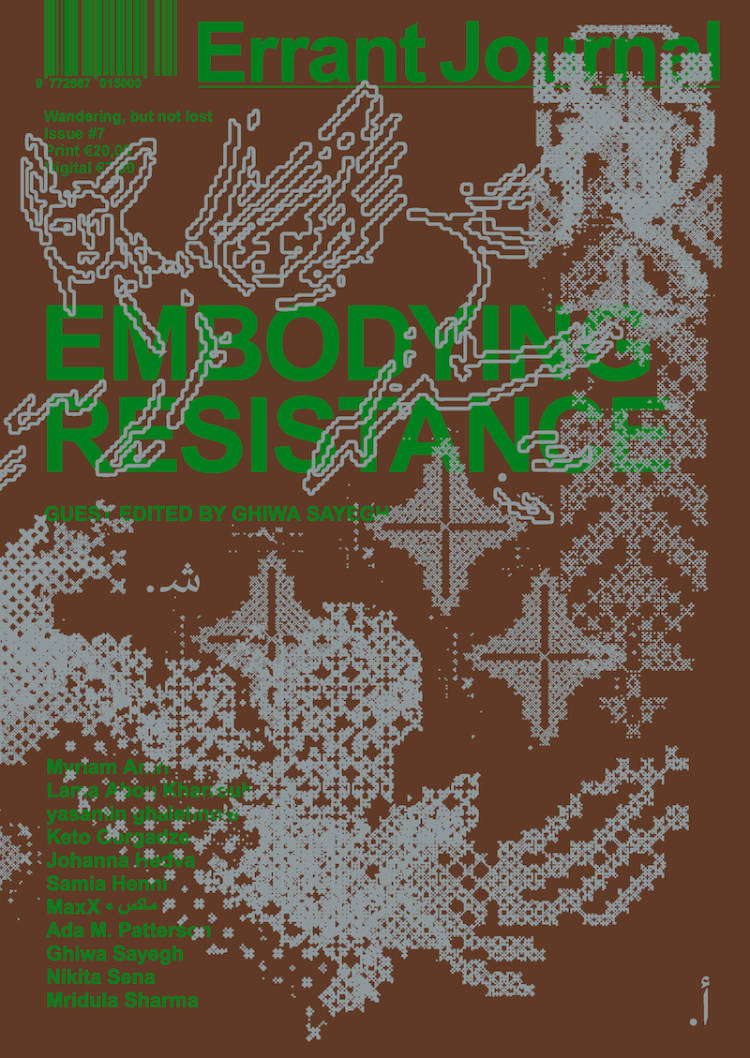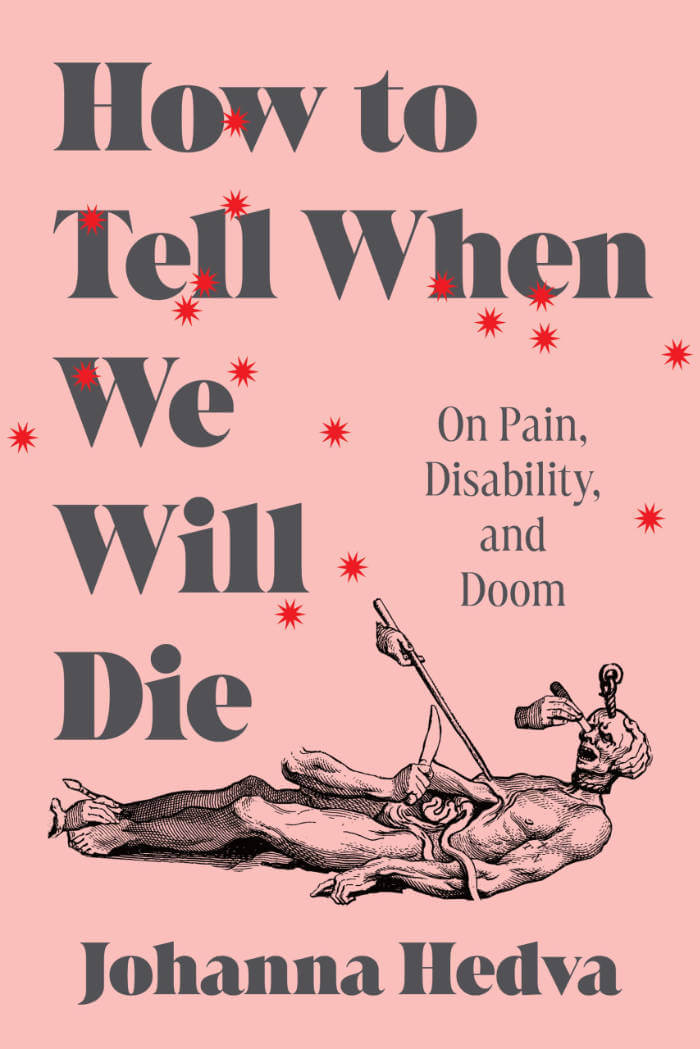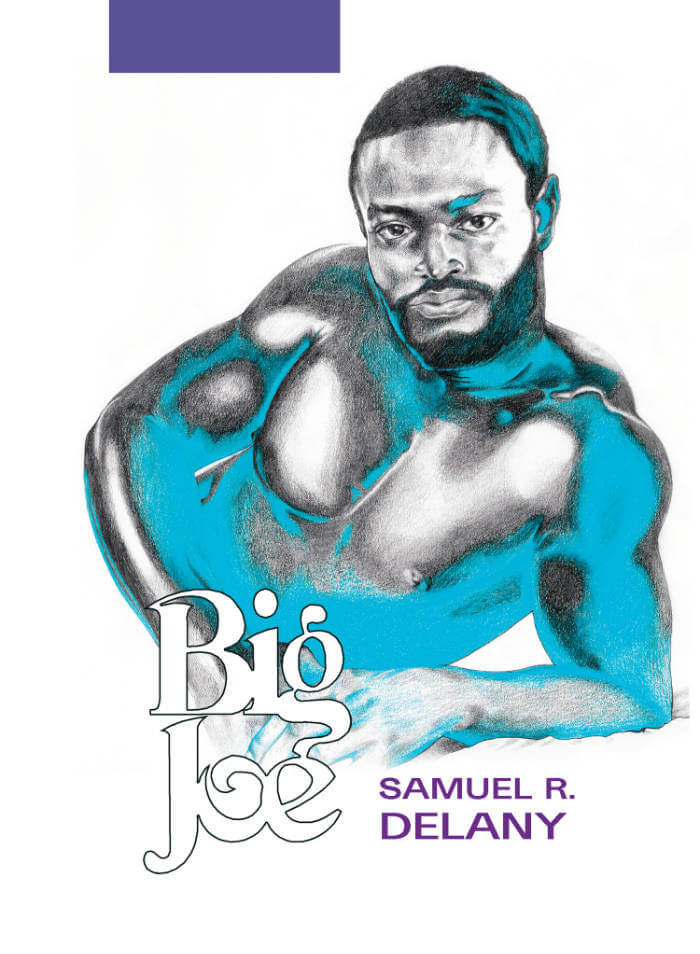
Fuck Journal
Since his on-screen “death” by erogenous torture device in Nine Inch Nails’ notorious “Happiness in Slavery” music video, writer and artist Bob Flanagan has been a looming legend in domains of art, pain and sex. First published by Hanuman Books in 1987, Fuck Journal chronicles Flanagan’s liaisons with his beloved romantic and artistic partner Sheree Rose over the course of a year.
Composed at Rose’s prompting and anticipating Flanagan’s extraordinary Pain Journal, the volume is so direct in its account of the couple’s conjugal life that the Indian authorities tossed its original print run into the ocean before the books could ship from Chennai to New York. By luck, 300 copies which had traveled with the editors to the US remained in circulation: an origin story that chimes with Flanagan’s aura of irreverence. Fuck Journal is characterized by a transfixing rhythm of total divulsion, a document of union amid, and through, pain with resonances in current discourses around sadomasochistic desire, crip experience, gender politics and beyond.
Based in Southern California, Bob Flanagan (1952-1996) was an provocateur of the highest order, known for poems and performances centering on BDSM activity and living with cystic fibrosis. Famously featured in censored videos for Danzig and Nine Inch Nails, Flanagan achieved a unique pitch of sexual spectacle and tender expression through visceral collaborations with the photographer, artist and dominatrix Sheree Rose. Flanagan’s published writings include Pain Journal (1996) and the anthology Fun to be dead: The Poems of Bob Flanagan (2024), edited by Sabrina Tarasoff.
The steward of Flanagan’s legacy and an icon in her own right, the photographer and performance artist Sheree Rose has been a leading figure in Los Angeles underground culture since the 1980s. Through her partnership with Flanagan and ongoing projects, Rose has brought to the fore a new form of heterosexual politics, an erotics of intimacy as it intersects with the personal and social.
Johanna Hedva is a Korean American writer, artist, and musician from Los Angeles. Their most recent essay collection is How To Tell When We Will Die: On Pain, Disability, and Doom. They are also the author of the novels Your Love Is Not Good and On Hell. Their art has been exhibited internationally, and their albums are Black Moon Lilith in Pisces in the 4th House and The Sun and the Moon.







